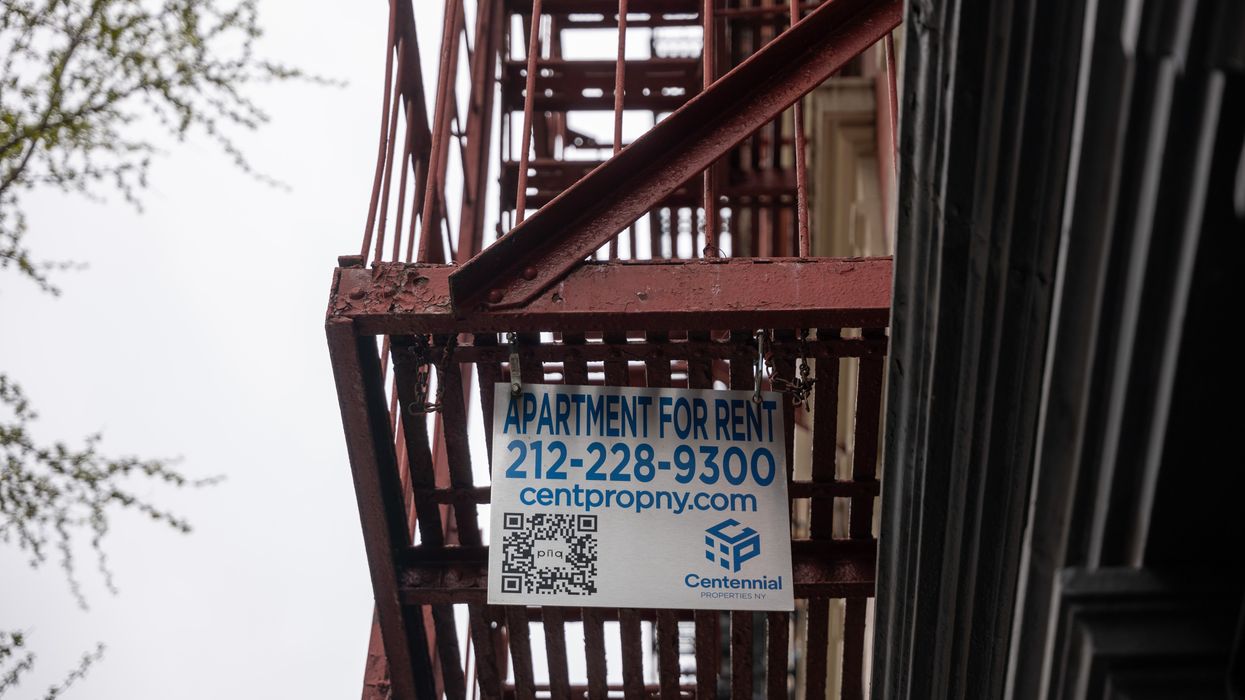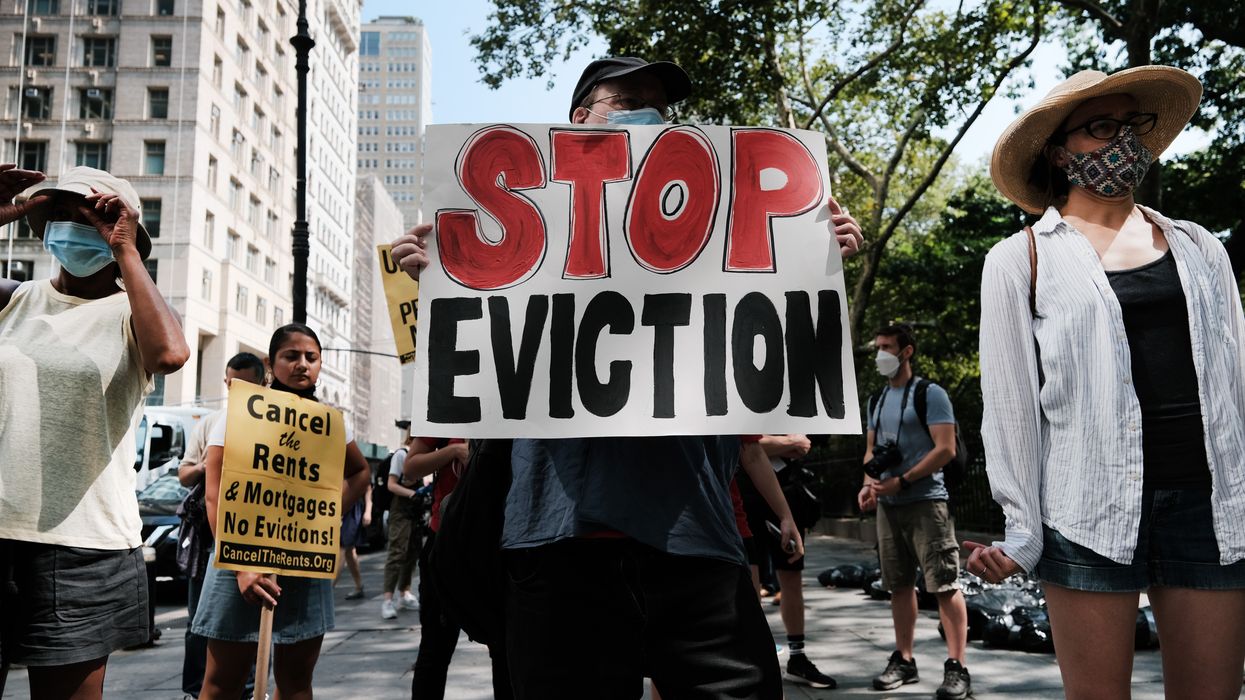Which makes me think of Stanley Milgram and Bryan Stevenson.
“On that fifth day, the weather was very cold and rainy. All I could think about was the young dad and his son without a home, with a job disrupted, and the young boy missing school.”
Milgram was the Yale University psychologist who conducted the famous experiments in the 1960s that showed a disturbing willingness of study participants to follow orders to administer what they thought were powerful electric shocks to other study participants.
The unsettling results remain widely known. But one component of Milgram’s experiments is less often discussed: The study participants were far less likely to administer the shocks if they could hear or see the victims of their actions.
Milgram used the word “proximity” to describe that variable. Which is the same term that Bryan Stevenson uses when he describes how we can change the world.
Stevenson is the attorney behind the book Just Mercy and the film of the same name, and founder of the Equal Justice Initiative. Stevenson traces his lifelong devotion to ending mass incarceration and promoting racial justice back to an event when he was still a law student. While interning for a human rights organization, Stevenson was assigned to go to a maximum-security prison in Georgia and deliver some procedural case news to a man on death row.
But the planned brief meeting turned into a three-hour deep, wide-ranging conversation. At the end of his time with Stevenson, the prisoner sang the hymn, “I’m Pressing on the Upward Way.”
Which launched Stevenson on his lifelong trajectory devoted to seeking justice. “It’s because I got close enough to a condemned man to hear his song,” he says. “When you get proximate, you hear the songs. And those melodies in those songs will empower you, they will inspire you, and they will teach you what doing justice and loving mercy is all about.”
What Gov. Jeff Landry, Stanley Milgram, and Bryan Stevenson can all tell us is this: The closer we get to the millions of people who are facing evictions or already unhoused, the more likely we are to be motivated to do something about it.
Carolyn Kingen can tell us that, too.
A retired critical care cardiac nurse, Kingen in 2020 joined some of her fellow members of the Meridian Street United Methodist Church in Indianapolis for a book study group that chose to read Matthew Desmond’s Evicted: Poverty and Profit in the American City. After reading and talking about the horrors of our nation’s eviction crisis, where 3.6 million households face forced removal from their homes each year, the group decided to see for themselves.
On one of Kingen’s first visits to eviction court, she heard a father of a seven-year-old boy explain to the judge that he had fallen behind on rent because he had not received expected overtime pay from his job. But, the father said, the overtime boost would be coming through in his next paycheck, which was arriving in a week. He could catch up on rent then, and pay late fees too.
The judge, unmoved, ordered the family to be evicted within five days. “The entire case lasted three or four minutes,” Kingen recalls. “In those few minutes, the decision was made that an employed father and mother had to pack their belongings and get out.”
“On that fifth day, the weather was very cold and rainy. All I could think about was the young dad and his son without a home, with a job disrupted, and the young boy missing school.”
“I Could Be That Tenant”
Experiences like this spurred Kingen and the book group to create a Housing Justice Task Force in their church, and then join with other congregations of different faiths to create the Indiana Eviction Justice Network. I teach a law school clinic where my students and I represent people facing eviction in the same area. I can attest that the presence of court watchers changes the tenor of the proceedings, ramping up the respect paid to tenants facing the loss of their homes.
And the eviction court watchers go beyond the doors of the courtrooms. They take the proximity-provided lessons and use them to advocate with elected officials and the judges themselves. Rabbi Aaron Spiegel, who as director of the Greater Indianapolis Multifaith Alliance coordinates the court-watching program, connects the volunteers with lawmakers to push for housing reforms like mediation before eviction orders, sealings of past eviction records, living wages, and more and better affordable housing.
“Court watchers often know more about systemic housing issues than the elected officials they are talking to,” Spiegel says. Earlier this year, court watchers mobilized to lobby Indiana legislators in opposition to a bill that would have criminalized sleeping in public spaces. Last month, the legislation was withdrawn by its sponsor.
Court proceedings are open to the public, and several other communities across the country, in places like Greensboro, North Carolina; Houston, and Chicago, have court-watching programs, often connected to justice advocacy.
Kingen and many of the other court watchers are motivated by their faith or moral principles. “We are called to care for the poor, the orphans, widows—and in today’s society, we would include any group that is shunned or rejected,” she says. “I try to see Christ in the faces of every person I meet.”
Rabbi Spiegel says this same call to action crosses faith and moral traditions. “All religious traditions teach that we must take care of the ‘least among us’ and as such, housing is a human right,” he says.
The proximity Carolyn Kingen experiences in court allows her to see in those facing eviction not just the divine but herself as well. Kingen recalls a time when she could not pay her rent, but was fortunate enough to have a family member step up to help. “Each time I court watch, I try to remind myself that I could be that tenant appearing before the judge,” she says.
Placing herself in the shoes of those facing homelessness is far easier to do when she can be in the same room and hear their stories, Kingen says. Court proceedings are open to the public, and several other communities across the country, in places like Greensboro, North Carolina; Houston, and Chicago, have court-watching programs, often connected to justice advocacy.
Check and see if there is a program in your community. And if there isn’t, maybe consider helping start one yourself.




